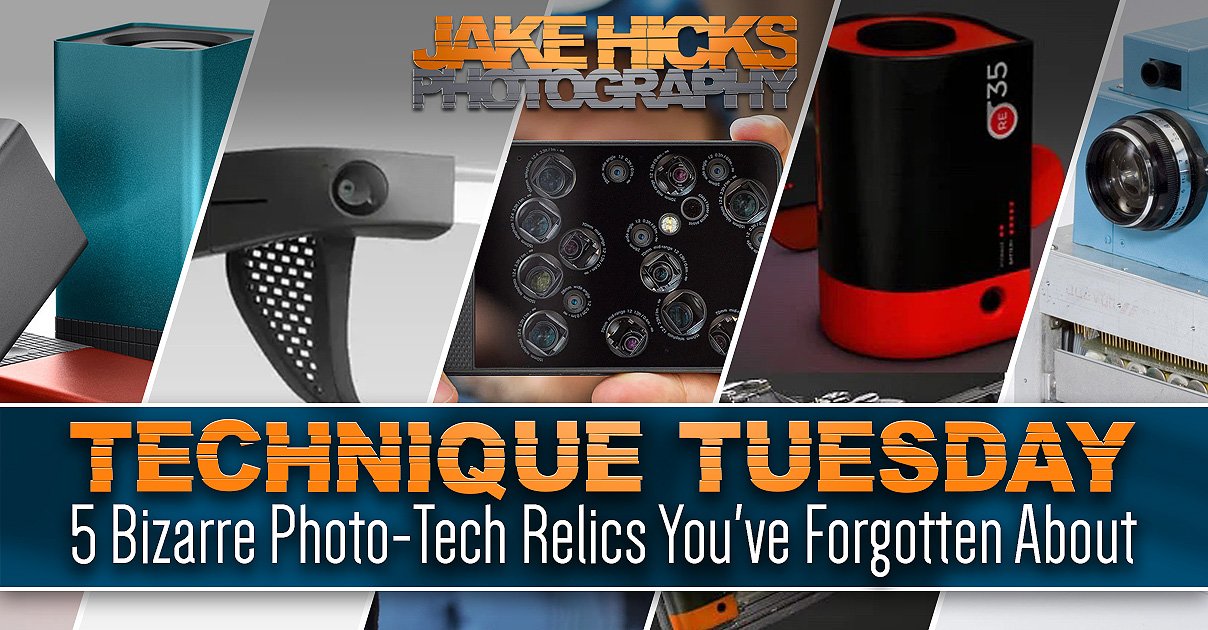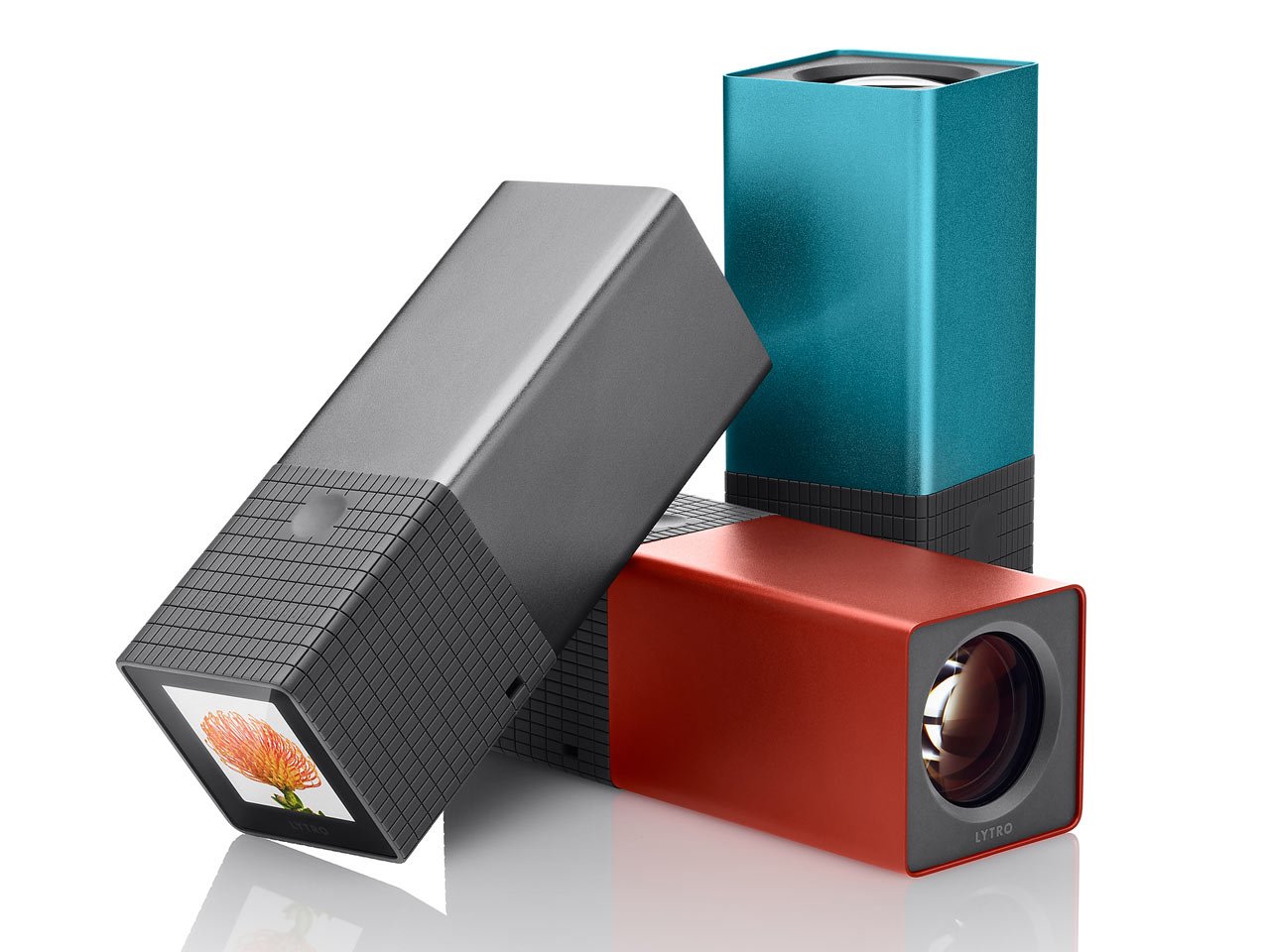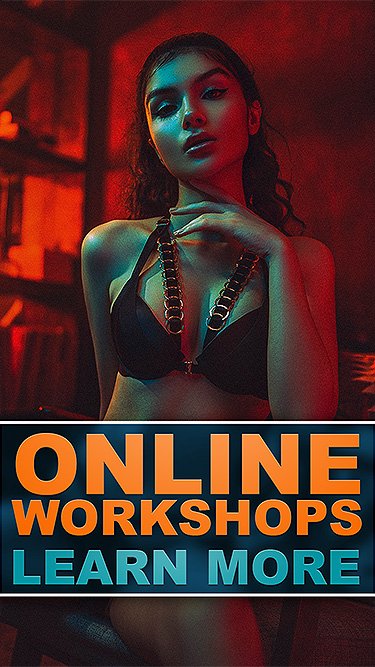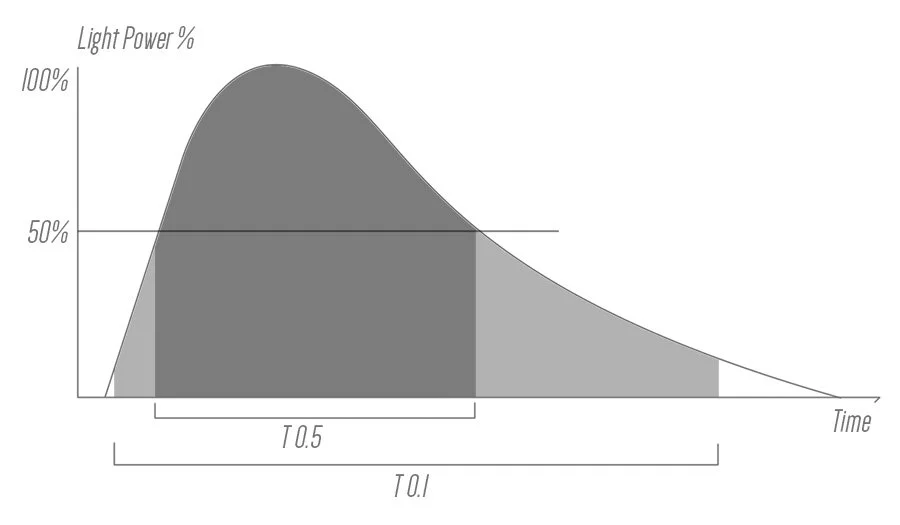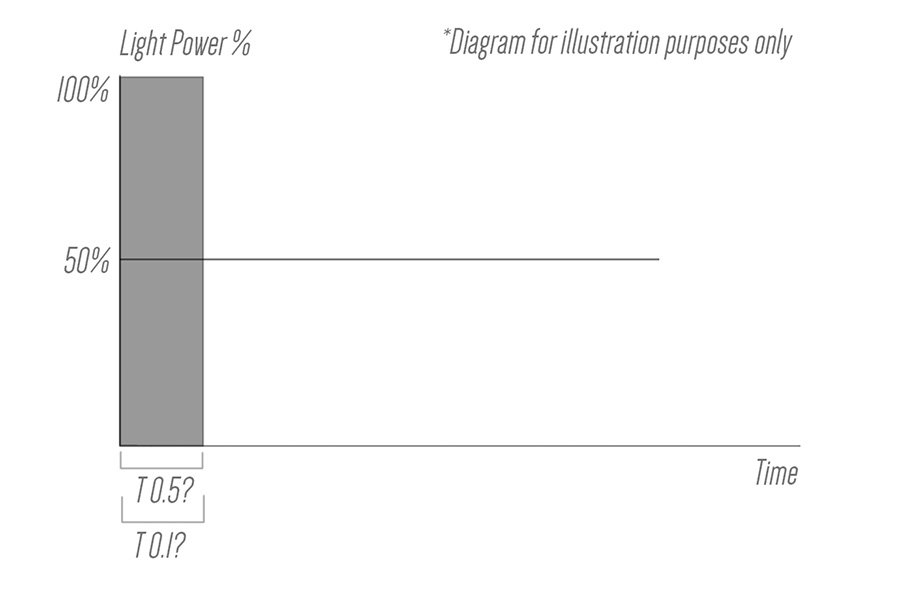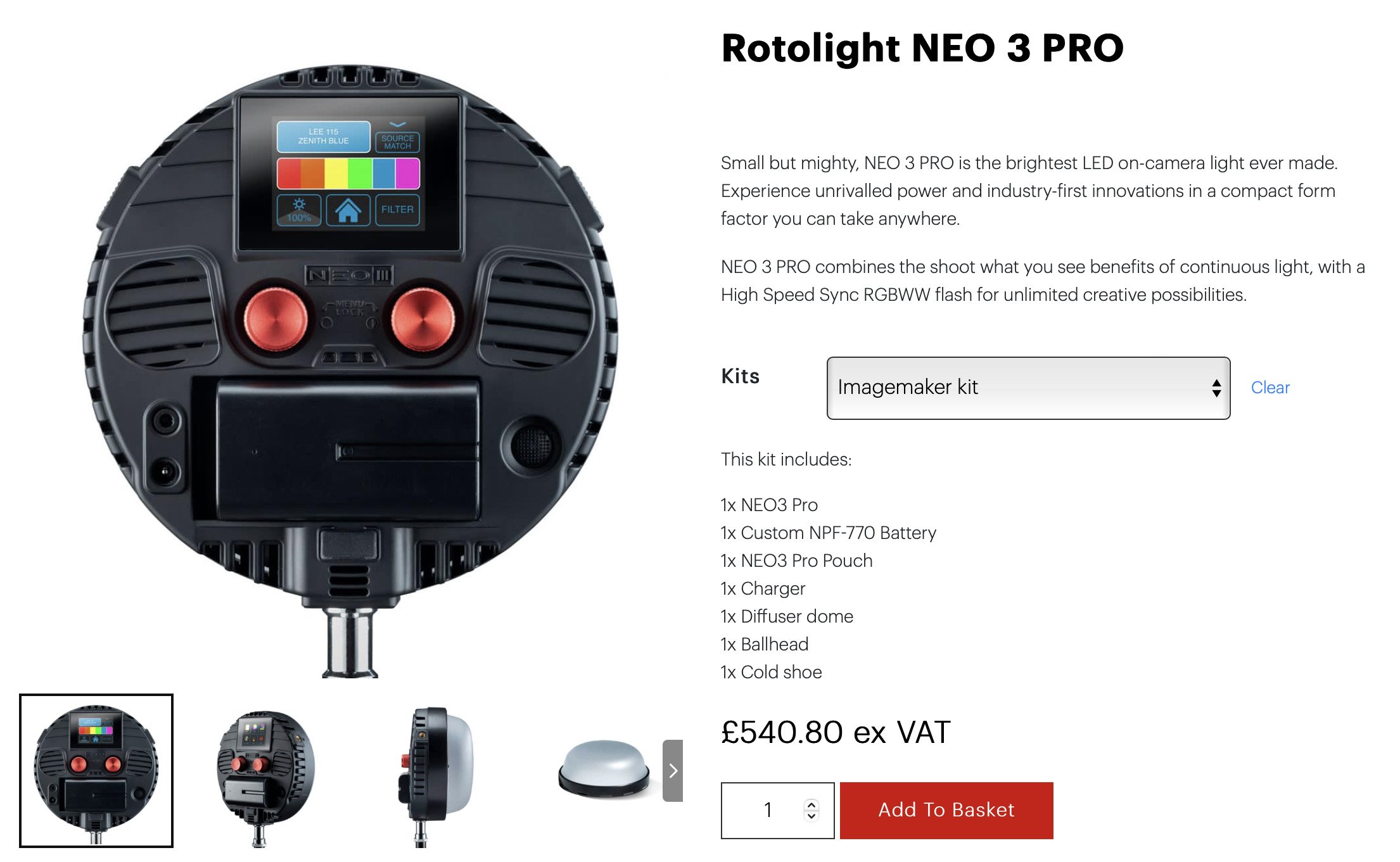Gelled lighting can be tricky. It either totally dominates a shot or the colours get washed out and lose impact. In this deceptively simple lighting setup, I show you how to add an in-camera colour wash or global colour grade to your shots that adds a colour harmony to a portrait without overpowering it.
The Lighting Setup
Let’s dive straight into this one as it’s tricky to explain what’s going on without actually showing you. So first off, let’s look at the lighting diagram.
Cut out & Keep!
TL;DR/ADHD/Artist Setup Explanation
Set up white backdrop behind model
Place medium stripbox horizontally on floor in front of white backdrop
Place large white umbrella behind you and attach blue gel
Place two medium stripboxes vertically either side of you and bring them in close
What you will need
4 Lights - Okay, so we’re not off to a great start as I appreciate not everybody has 4 lights hanging around. I often share 2 light setups with this in mind, but every once in a while, I’ll share something a little more involved like this for those that have a couple of extra lights on hand. I also want to take a moment to glance into the future and say that I guarantee the number one question I’ll receive about this setup is, “Can I achieve the same look with only 2 lights?”
To you, I will say, “kinda, but not really”.
But if you still want to play with the basic concept and only have 2 lights, here’s a setup to get you as close as possible.
Cut out & Keep!
White Backdrop - Pretty self-explanatory, but I will say that this doesn’t need to be very big. In fact I’m just using a simple white window blind behind the model here. You could of course just use a white wall, but a cheap window blind is very quick and easy substitute here too.
A white window-blind can be a great substitute background. Plus they’re pretty cheap and easy to roll up and store.
Large White Umbrella - I use a large super-soft white umbrella in a lot of my setups, so if you don’t already have one, I’d recommend getting one. For this type of shot, I want a very soft wash of colour across the entire scene, so I opt for a white umbrella over a silver one as that can throw unwanted shadows. The larger the better, but anything around 130cm to 160cm in diameter will be ideal.
Bonus Tip: Many very large umbrellas like this can be heavy. In my experience, I tend to have them attached to their own individual light stand over trying to attach them to the light stand holding the light. This just eases the burden on that one stand and allows you to move the umbrella further from the light to get more spread if needed.
Strip Softboxes - These modifiers are pretty common and not too pricey so many of you likely already have some. As you can see from the diagram above, I’m using small/medium ones here and that’s to have more control over the light when I bring them in super-close to the subject . If I used bigger ones, the light would spread everywhere and I’d likely wash out too much colour from the background.
Camera Settings
Camera - Nikon D850
Lens - 24-70mm f2.8
Shutter Speed - 1/125th Second
Aperture - f2.8
ISO - 100
Kelvin - 5000K~
Focal Length - 50mm~
The Results
Click to fit any of the shots below to your screen.
Breaking it Down
The key to this setup is the light drop-off and how we can use that to our advantage, especially in small spaces like home studios or on location.
The Colour Wash
This wash of colour covers the entire scene and from here we can then pick out elements like the model with white light afterwards. To achieve this, we must first set up the large white umbrella behind us and I also attached a blue gel to it.
Click to enlarge
Back Strip
Next, we want to add a little interest to the pure blue background and we can do that by adding a strip of white light behind the model via a small stripbox.
Click to enlarge
Model Lights
Lastly, we need to light the actual model and to do that, I’ll be using another two small gridded stripboxes. The trick to make this work, is to bring those stripboxes in very close to the model. And I’ll just reiterate, CLOSE, closer than think.
Click to enlarge
Camera Position
This will feel odd at first, but you and the camera needs to be crammed between those two stripboxes and you need to get them as close to being in shot as you can manage. The reason for this is to make those two lights look and feel like one light on the model. What we don’t want, is those two lights casting separate shadows on our subject as that will look terrible very quickly.
We also want to bring them in very close to the model so that when we turn the power of those lights all the way down, the power of the lights doesn't affect the blue gel on the background. I actually found it easier to turn off the other lights so I could see exactly what those strips were doing by themselves. You can see in the image above that I did this just to check and you can also see that hardly any light is hitting that white background behind. This is what you’re looking for.
Points to Consider
I’ve broken it down and shown you what each of these lights is doing, but here are some final thoughts to consider before setting up.
With the lights so close to the model, we create a beautiful drop-off of light.
Keep them close - This will probably catch many of you out at first, so I just want to reiterate once again. ‘bring those stripboxes in close to the model!’ Failing to do this will result in the room filling with white light and ruining that blue background.
Light drop-off - One beautiful side effect of bringing those stripboxes in super-close to the model, is the lighting we get on the face. The light power is very low and the lights are very close, this results in a very quick drop-off of light and you can see that in the ‘model lights’ image I posted above. Look at it again and see how quickly the light fades from light to shadow the further back the light travels. As I mentioned, this technique creates some beautiful-looking light on the model, regardless of whether you want to add a coloured gel to that or not afterwards.
Fighting with distortion - One thing you’ll quickly notice when getting into position for this one, is the lack of space to work with. If you’ve set this all up correctly, you should have minimal space for you to shoot from. Those two stripboxes are not only close to the model, but they’re also very close together leaving you limited room to get the shot. I mentioned this above, but these images are shot at around 50mm and if we’re not careful this wider angle lens can distort the model. Just be mindful of this and try not to be tempted into shooting any wider than 50mm. I’m not saying you can’t make it work, but when we are this close to the subject, going too wide can be very unflattering. Just be aware of it.
Closing Comments
This is a simple setup…. in appearance at least. The resulting images are very clean looking and offer the subject room to pose in a variety of ways without casting any odd shadows anywhere. The other big benefit of this setup is that although you’re using 4 lights, this setup requires very little space to implement. In fact, if you already had a small room with a white wall, this wouldn’t require much space at all as the lights have to be very close to one another anyway.
In-Camera Colour Grade
Lastly, you know I always love to add a coloured gel into my shots somewhere, but that coloured gel can be tricky to work with at first if you're not used to it. The reason for this is because it's throwing a ton of coloured light everywhere around the room and this is what's creating this in-camera colour grade I mentioned at the start. This can be tricky to manage at first, so if you’re struggling to make the shot work with the gel, feel free to shoot without any gel at all. You’ll still get the light-strip gradient on the background and you’ll still get some beautiful-looking light on the subject too. Plus, you can always come back and add a gel afterwards if you’re feeling like you’ve got it all set up correctly.
Good Luck and let me know if you have any questions in the comments below.
Featured model: Alba Sanchez
Products Used…
Please note that I’ve included affiliate links below for PixaPro and I will benefit (albeit minimally) from the sales of any of these products should you purchase them. To that end, please feel free to use my discount code ‘HICK5-OFF’ at Essential Photo to receive a discount on any purchase via their site.
160cm White Umbrella
I would argue that large umbrellas like this is mandatory in any kit as it has a huge variety of uses. From large, soft key-light, to a way to fill an entire room with light very easily. Plus, you know I love umbrellas for their ease of using gels with them too.
Link - 160cm White Umbrella
Small/Medium Stripbox
These modifiers seem to be a staple of many studio shooters kit and although they are primarily used for edge lighting, using them as key lights are a great way to get an interesting look.
Link - Small/Medium Stripbox
CITI600 PRO
This is your bread-and-butter strobe! This has more than enough power for 99% of what most of us do day-to-day. Its battery lasts all day and you have no cables to worry about, plus it has TTL if you need it too.
Link - Godox CITI600 PRO
Colour Gel Packs
As always, my colour gel packs are still available. The blue saturated colour I used in this shoot all came from the Definitive Colour Pack.
Thank You
As always, thanks for checking out this article and spending a little bit of your day with me here. I hope you found it useful and if you left with a little more knowledge than when you arrived, it’s been worth it.
If you have any questions or comments, or if something doesn’t make sense, by all means, fire away in the comments below and I’ll do my best to answer what I can. Thanks again and I’ll see you in the next one.
Don’t forget to sign up to my newsletter to be sent all of these photo tips and techniques articles every month in case you miss one.
JHP Livestreams…
If you give this setup a go, I’d love to see how the shots turn out, so feel free to share them my way. One way to do that is via my Livestream. I Livestream every other Tuesday night via my FB Page and there I answer your questions, critique your shots, take community images into Photoshop to work on them and discuss all manner of lighting tips and techniques. I look forward to seeing you and your work there real soon. JHP Facebook Page






























